you know i hate the train and i hate crowds of people, but somehow you convinced me i’d be letting down my TRINIDADIAN roots if i didn’t experience J’OUVERT at least once. even when i said i’m really a white woman named MOLLY at heart (who would rather watch ANTIQUE ROADS SHOW in the safety of my own home) to deter you from coaxing me, i realized i made a big mistake because white people love things like this.
in the end – i mostly cursed you in my head because i was so sleepy for heading there at 3am and not leaving until 7am (knowing i needed to be at the WEST INDIAN DAY PARADE later to shoot)…BUT i had an amazing experience and got great footage. thanks for dealing with that pain in your ass aka me!
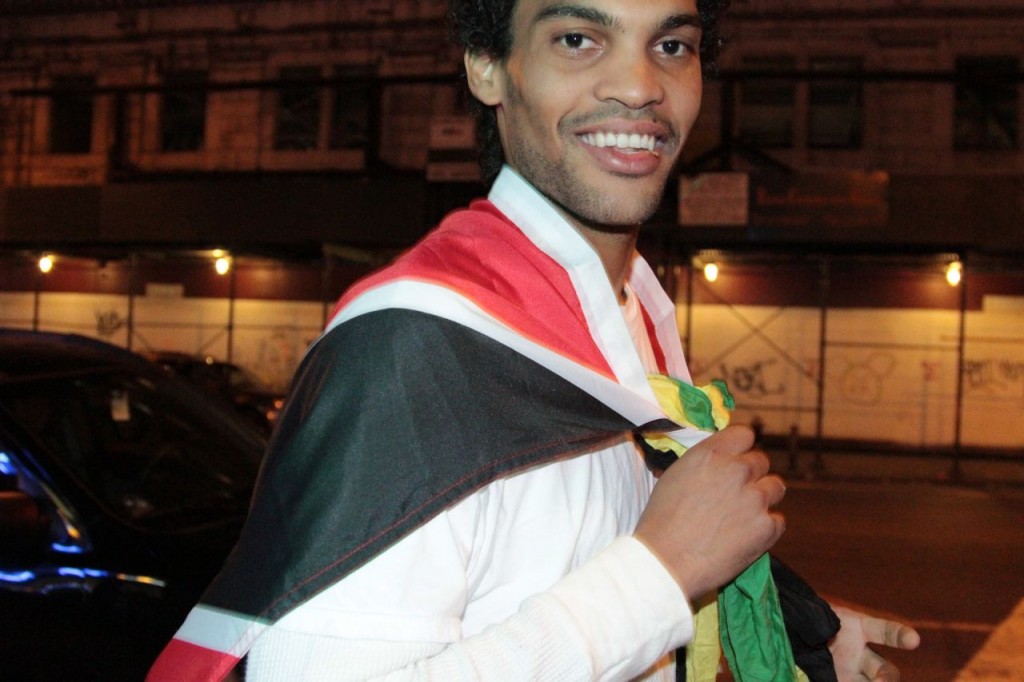
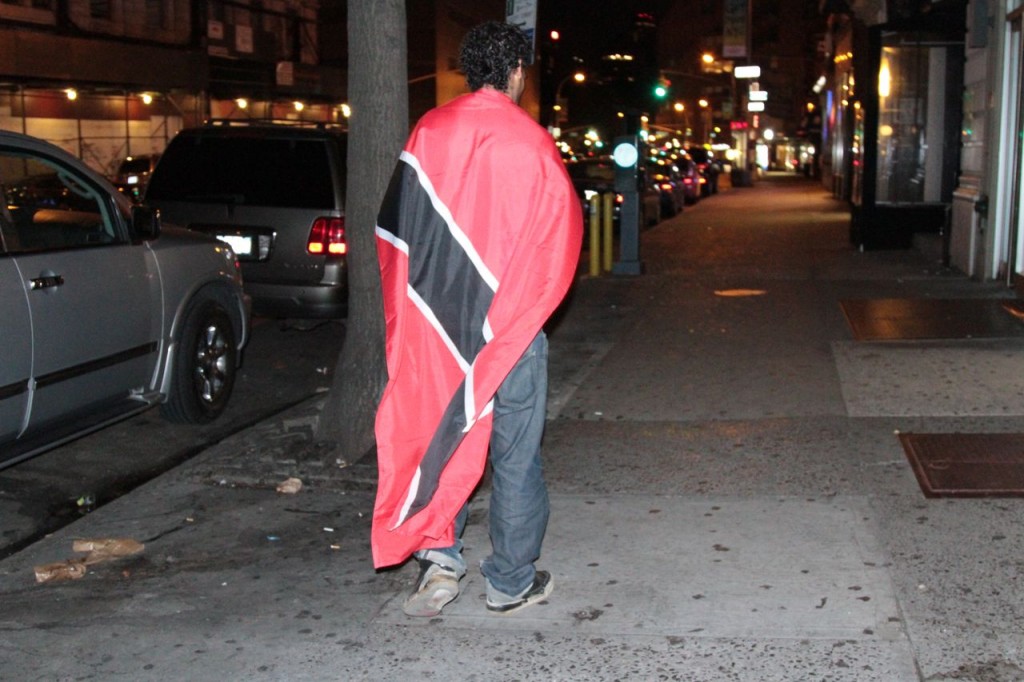
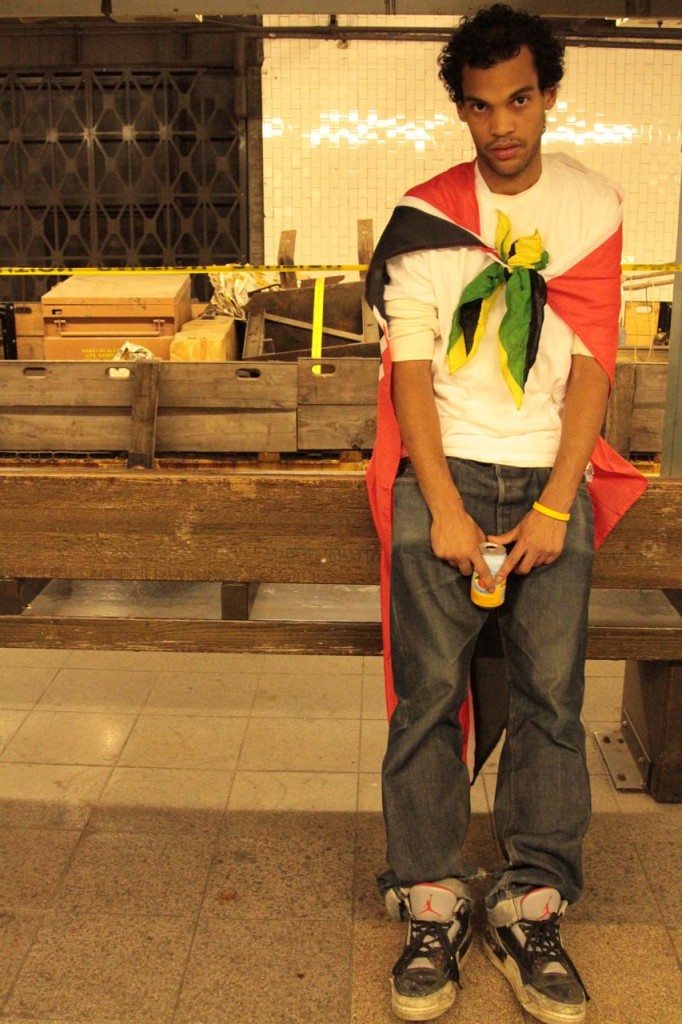
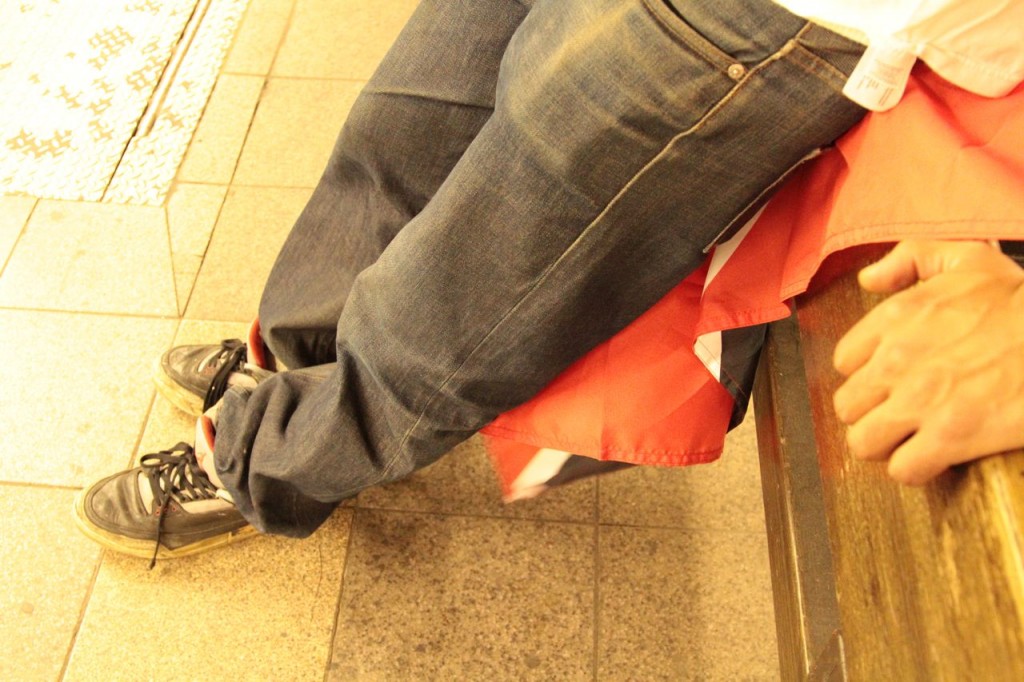
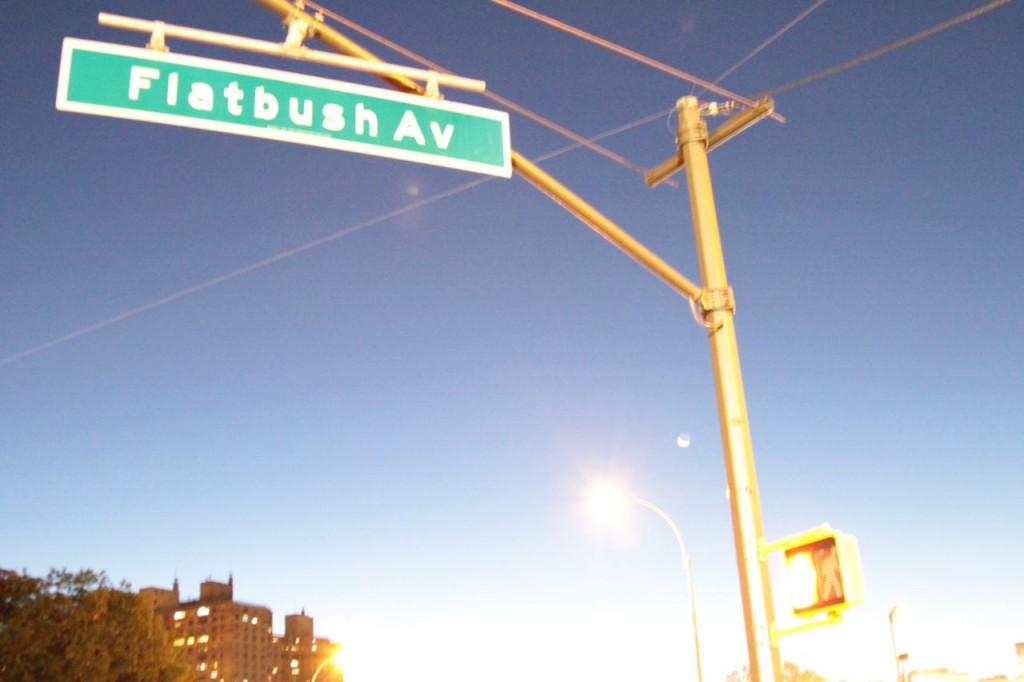
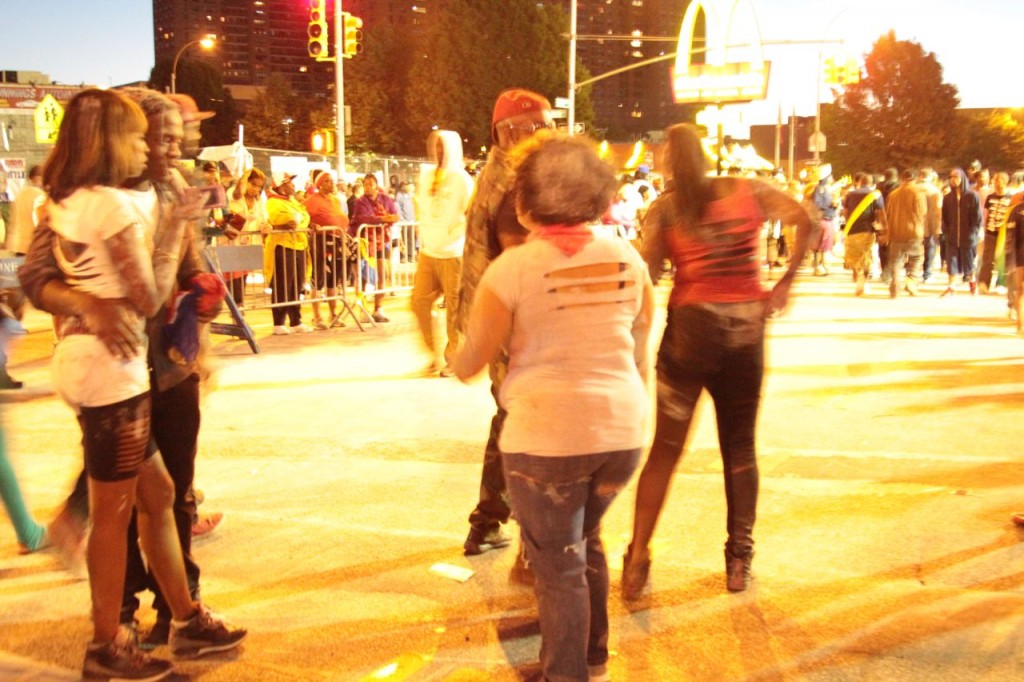
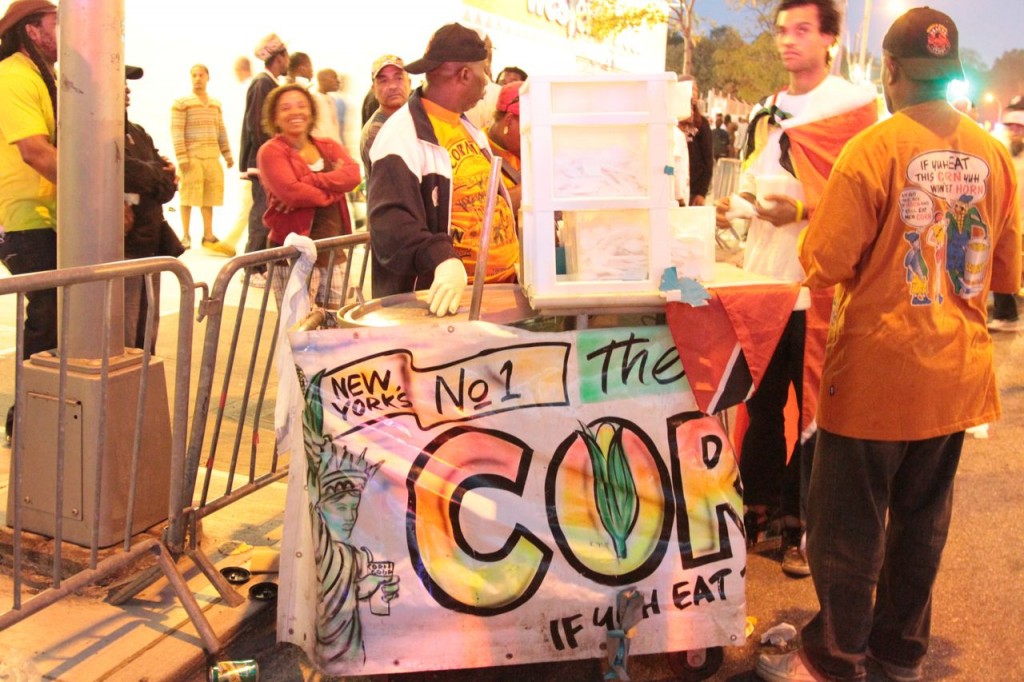
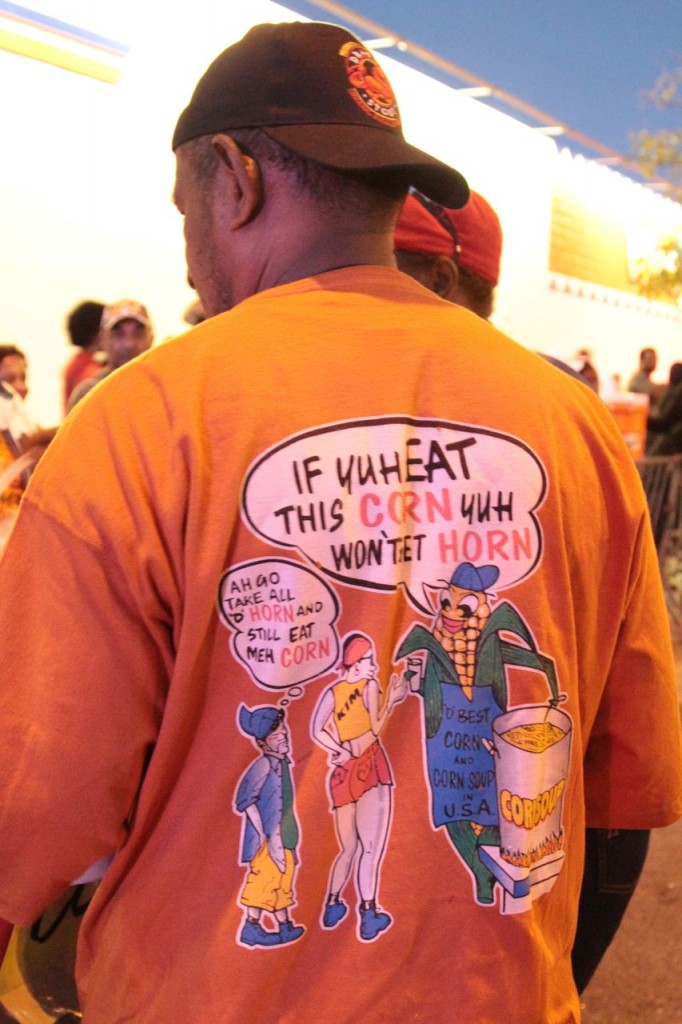
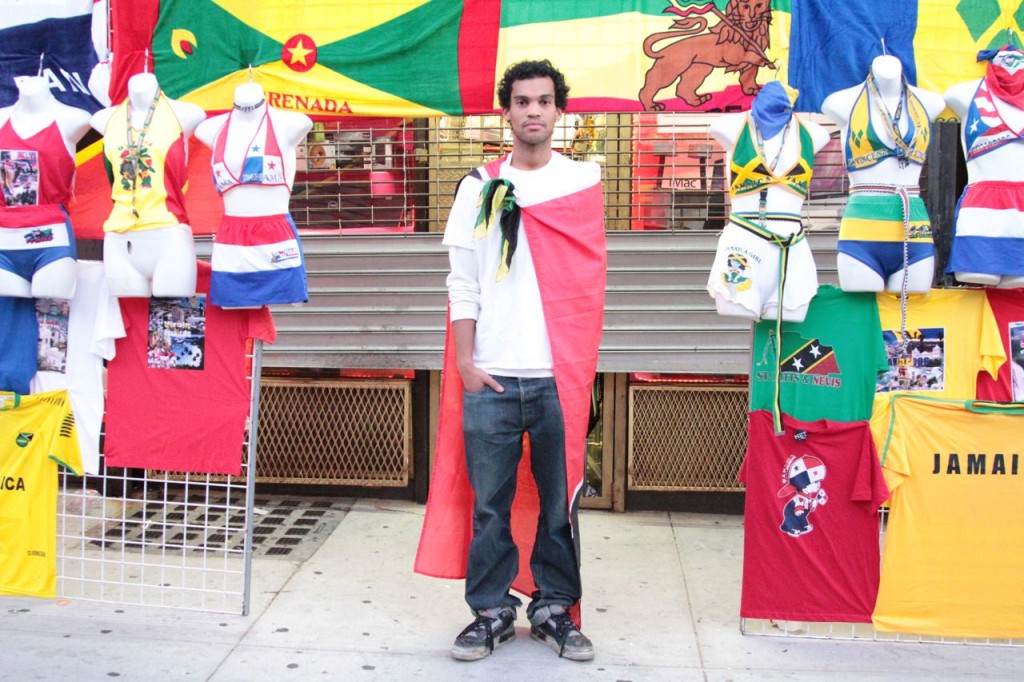
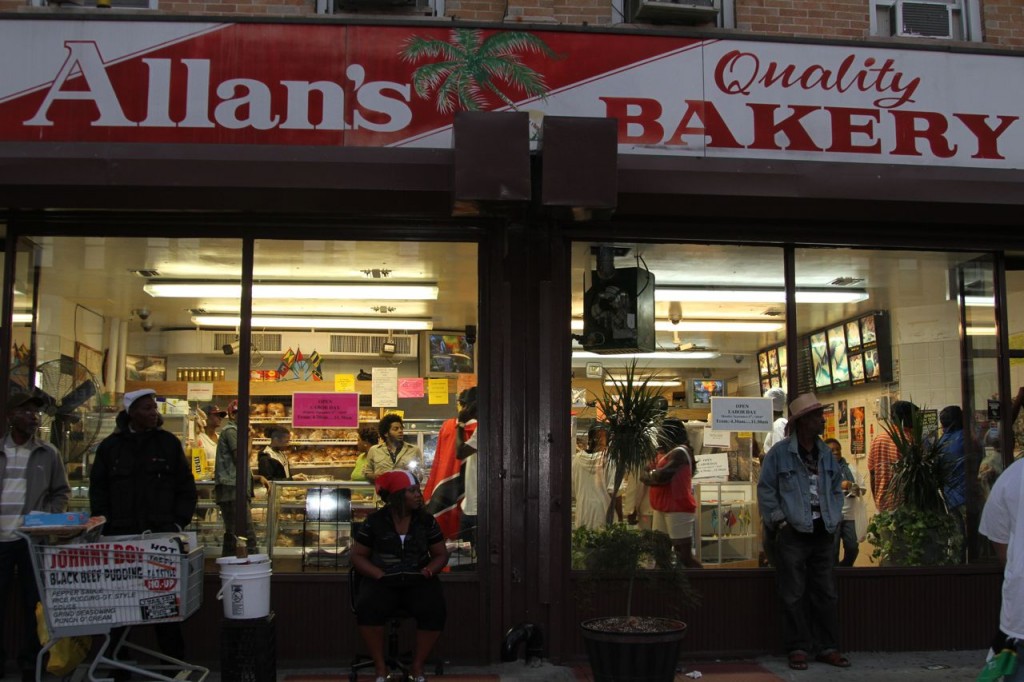
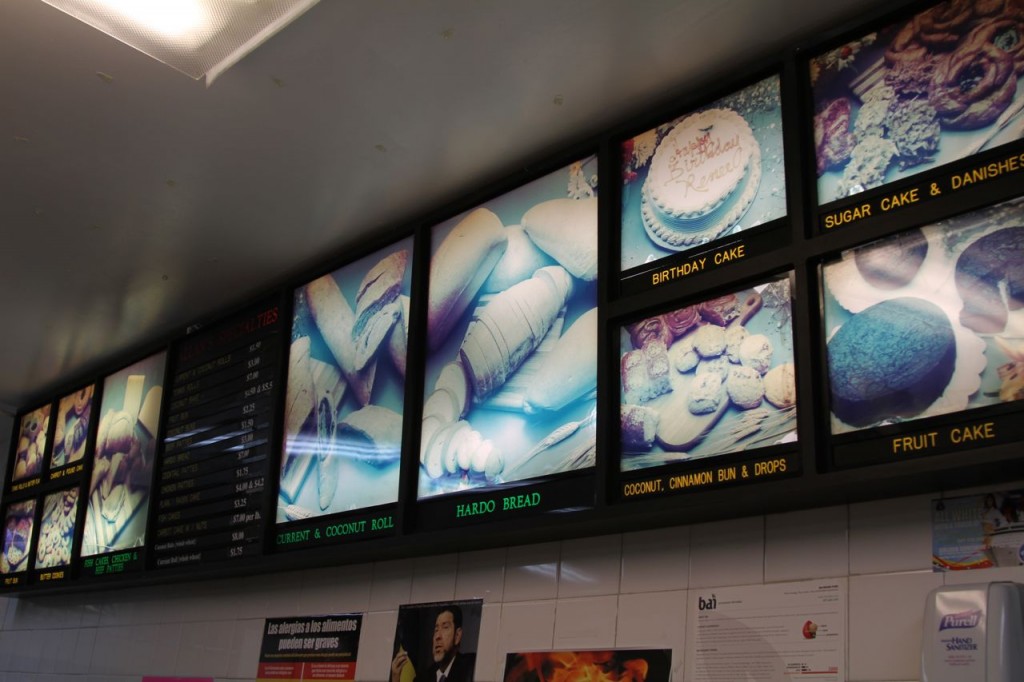
DEFINITION OF J’OUVERT (via WIKIPEDIA)
J’ouvert (French pronunciation: [Ê’uvÉ›Ê]) is a large street party during Carnival in the eastern Caribbean region. J’ouvert is a contraction of the French jour ouvert, or dawn/day break.
J’ouvert is celebrated on many islands, including Trinidad and Tobago, Dominica, Saint Lucia, Anguilla, Antigua & Barbuda, Aruba, Barbados, Grenada, Haiti, Jamaica, St. Vincent and the Grenadines, St. Kitts and Nevis, Sint Maarten, the U.S. Virgin Islands and the British Virgin Islands. It is also a feature of New York City’s West Indian Day Parade held on Labor Day, in the Crown Heights neighborhood of Brooklyn and Notting Hill Carnival in London, both areas that have a large Caribbean ex-pat communities. The celebration involves calypso/soca bands and their followers dancing through the streets. The festival starts well before dawn and peaks a few hours after sunrise.
Carnival was introduced to Trinidad by French settlers in 1783, a time of slavery. Banned from the masquerade balls of the French, the slaves would stage their own mini-carnivals in their backyards — using their own rituals and folklore, but also imitating and sometimes mocking their masters’ behavior at the masquerade balls.
The origins of street parties associated with J’ouvert coincide with the emancipation from slavery in 1838. Emancipation provided Africans with the opportunity, to not only participate in Carnival, but to embrace it as an expression of their new found freedom. Some theorize that some J’ouvert traditions are carried forward in remembrance of civil disturbances in Port of Spain, Trinidad, when the people smeared themselves with oil or paint to avoid being recognized.
The traditions of J’ouvert vary widely throughout the Caribbean. In Trinidad and Tobago, a part of the tradition involves smearing paint, mud or oil on the bodies of participants known as “Jab Jabs”. On the islands of Dominica, Saint Lucia, Guadalupe, Saint Martin and Haiti, participants celebrate by blowing flutes and conch shells or by beating Goat skinned drums, irons or bamboo sticks while singing folk songs.
J’ouvert is inseparable from Carnival and has had many influences. The Spanish and British colonial powers, French planters, African slaves, Indian indentured servants and the many other ethnic groups have all left an indelible mark on J’ouvert.

